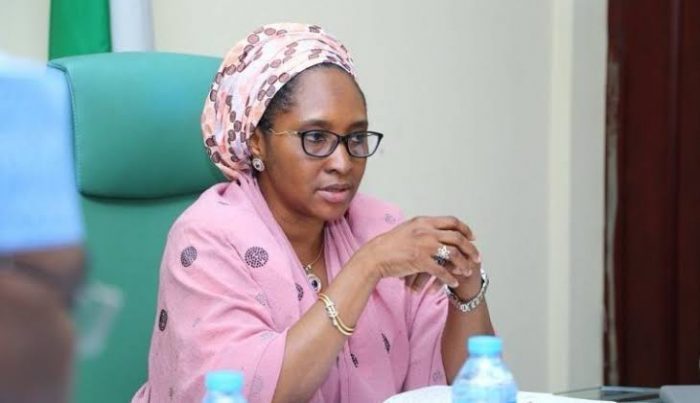Some residents of Asaba on Tuesday lauded security personnel who forced garri sellers to reduce the price of garri at Ogbeogono Market in Asaba.
The eyewitnesses, who spoke to News Agency of Nigeria (NAN) in Asaba, lauded the officers for intervening in a crucial period like this.
They said that most families could not afford to buy enough food for a day let alone cope with hike in prices of staple food items.
They also called on the state government to work out palliatives to cushion the two weeks stay at home, particularly for those who live from “hand to mouth”.
According to Mr Collins Ovire, some security personnel stormed the Ogbeogono Market and forced the Garri sellers to crash their prices from N2,000 to N750 for a measurement of Garri.
“We hail them for the action because the garri sellers were just common thieves, they have hiked their prices because they know that garri is one of the staple food eaten by the people.
“But just imagine, this is man inhumanity to man, the whole world is worried about how to combat an epidemic, the Coronavirus and in the midst of this, the market women and traders are only thinking of how to reap the poor people.
“Just last week, a paint (gallon) of garri was sold for N600 but as soon as the stay at home order was announced, garri prices skyrocketed to N1,500 and now N2,000.
“This hike in Garri price has affected other staples foods which have also attracted high prices.
“Now, with this stay at home order, how will that man, who feeds on his or her daily bread, survive this two weeks stay at home order, without support from government”.
He said that government at all levels should make funds available to all Nigerians with a Bank Verification Number (BVN) as well as procure food stuff to people.
Also, Mrs Evelyn Chukwuma, a civil servant, said that prices of tubers of yam increased within the short notice.
She expressed concern that the rise in prices of food items may not be reversed after the two weeks lockdown unless a drastic measure was taken by concerned authority.
According to her, a sizable tuber of yam, which was sold few days ago for N400 in Okpanam market now sells for N500.
“We also observed some changes in most industrial goods which I am afraid may not be reversed.
“We also notice that those who offer services, like the television, radio, generator repairers took their turns to exploit the situation in the name of lockdown.
“The Tri-cyclists (Keke operators) in the state capital have complied with the government order to carry only two passengers but they also double their fares.
“Ordinarily, one would have reasoned that the fare would have remain the same since the Federal Government has reduced the petrol pump price from N145 to N125 pee liter.
“We are worried because it seems this stay at home order is coming to negatively impact the poor and the vulnerable people in the society, this is why we are asking the government to do something to ameliorate the pains that would be associate with the compulsory quarantine.”
NAN reports that the Delta State Government announced a Stay -at-Home order with effect from Wednesday, April 1, and will last for two weeks.
Residents were seen making last minute purchases in preparations for the deadline as markets and malls have been charged to lock up.


